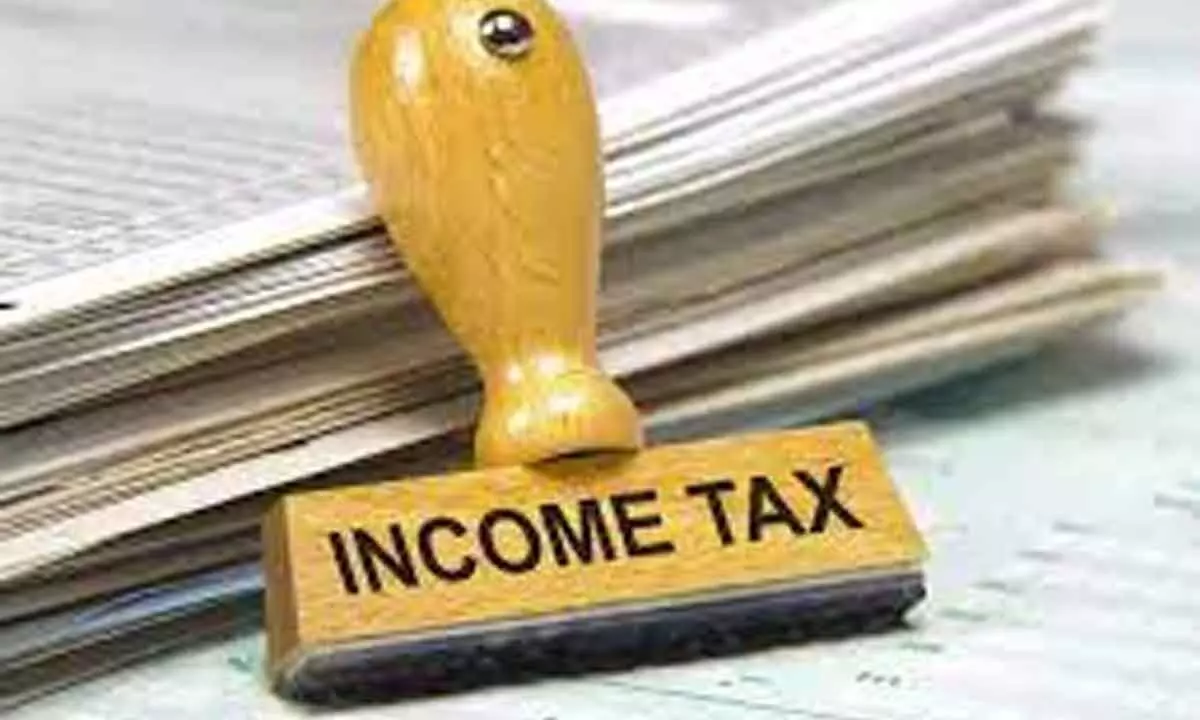I-T department notifies rules for valuing rent-free accommodation provided by employers
Share :

New Delhi: Employees drawing substantial salaries and having rent-free accommodation provided by their employers will now be able to save more and get a higher take-home salary as the income tax department has revised norms for valuing such houses.
The Central Board of Direct Taxes (CBDT) has notified amendments to the Income Tax Rules which will come into effect from September 1. As per the notification, where unfurnished accommodation is provided to employees other than the central or state government employees and such accommodation is owned by the employer then the valuation shall be: (i) 10 per cent of salary (reduced from 15 per cent) in cities having population exceeding 40 lakh as per 2011 census (earlier, 25 lakh as per 2001 census), (ii) 7.5 per cent of salary (reduced from 10 per cent) in cities having population exceeding 15 lakh but not exceeding 40 lakh as per 2011 census (earlier, 10 lakhs but not exceeding 25 lakhs as per 2001 census). AKM Global Tax Partner Amit Maheshwari said employees who are drawing substantial salaries and receiving accommodation from the employer will be able to save more since their taxable base is going to be reduced now with the revised rates.
"The perquisite value shall be lower resulting in relief to them in the form of take-home pay." AMRG & Associates CEO Gaurav Mohan said these provisions incorporate the insights 2011 census data and aim to rationalise the perquisite value calculation. "Employees enjoying rent-free accommodation would see rationalisation of perquisite value leading to a reduction in taxable salary, increasing the net take-home pay. It is worth noting that the reduction in the perquisite value of rent-free accommodations will yield dual implications: on the one hand, it will generate tangible savings for employees, while on the other hand, it will result in a corresponding decrease in government revenue," Mohan said.
He further said this change will lead to disproportionate benefits for higher-income employees who receive expensive accommodations. Lower-income employees with more modest accommodations might not experience significant tax relief. Moreover, this shift might prompt corporate employers to strategically revisit and potentially reshape their existing compensation frameworks, particularly if they can capitalize on tax advantages for their workforce, Mohan added.









